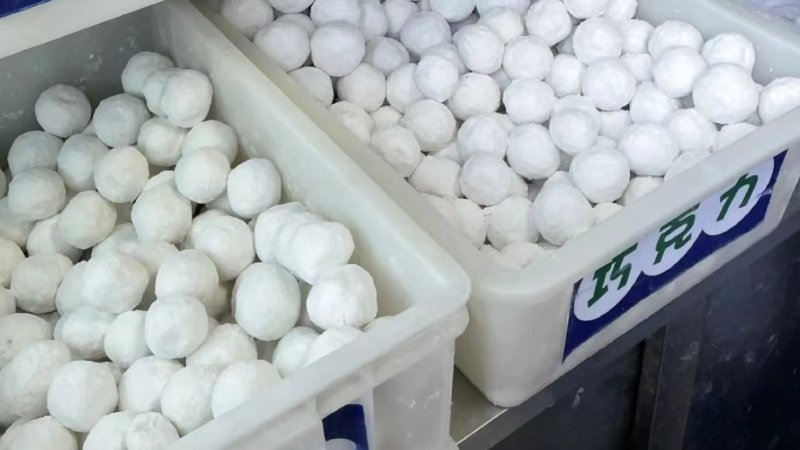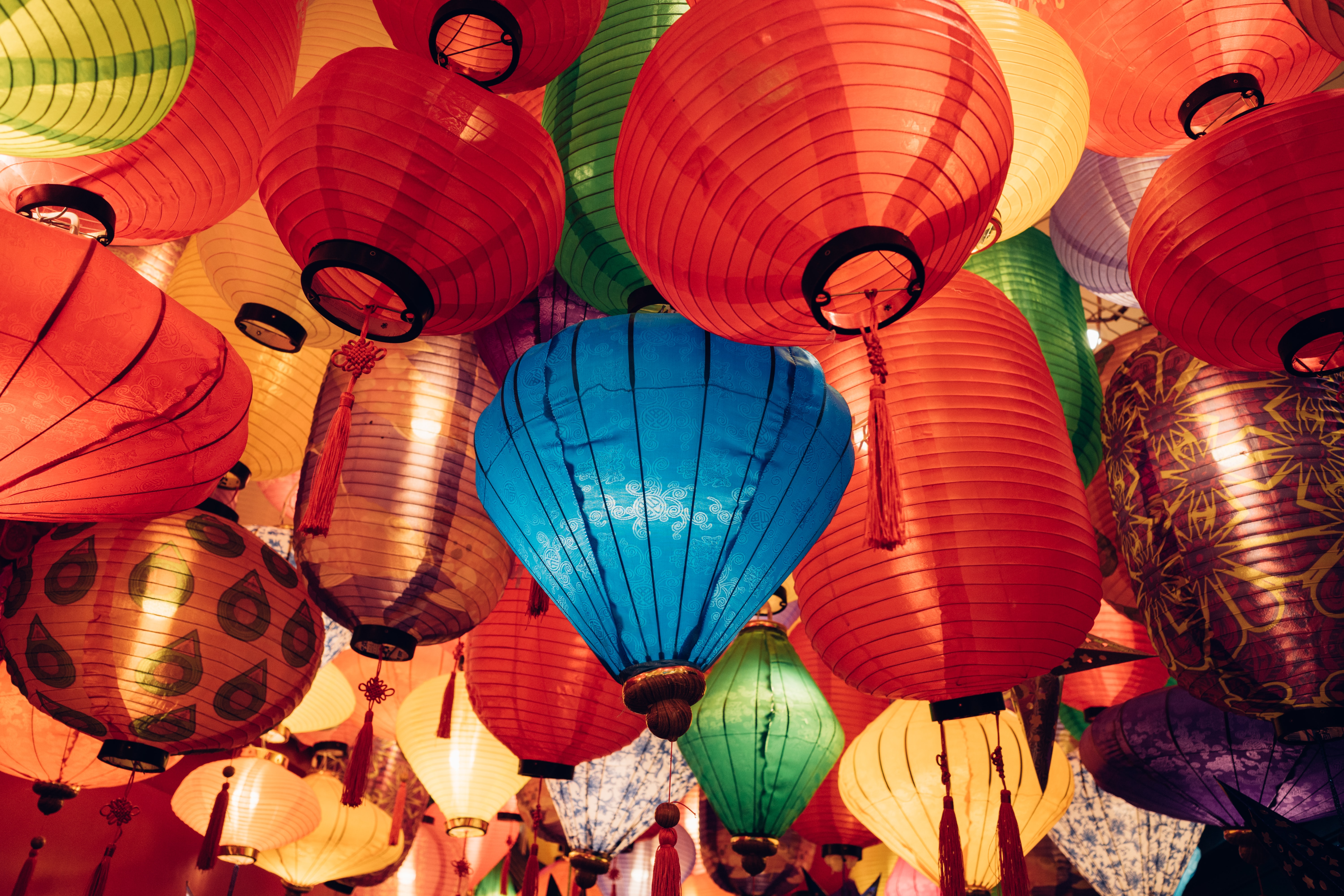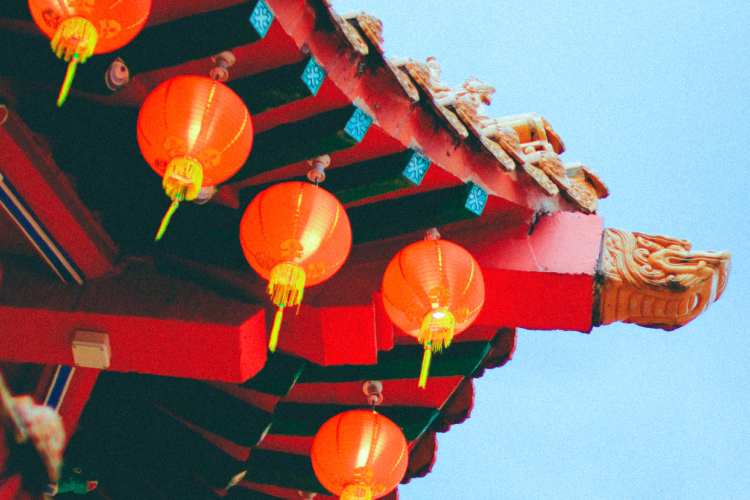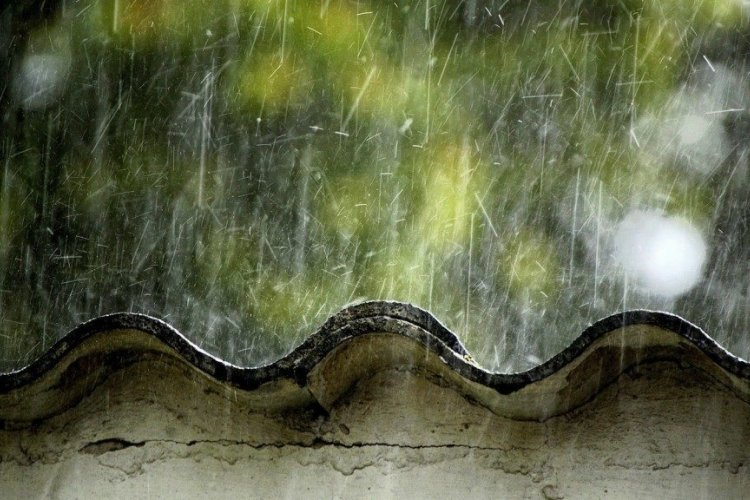Light Up Your Chinese With These Lantern Festival Phrases
Although we've all headed back to work as Spring Festival wraps up, another closely related holiday is coming up. Commonly referred to as Lanter Festival in English, 元宵节 Yuánxiāo jié falls on the 15th day of the first month of the Chinese lunar calendar. This year, Lantern Festival will be celebrated on Feb 5.
Those of you with a bit of HKS prowess under your belt may notice that the English name of the holiday is not a direct translation. The first character 元 Yuán literally means first, while 宵 Xiāo refers to night. Yuanxiao is therefore the first night of the new year that we get to see the full moon, and thus it is also traditionally a time for 家庭团聚 Jiātíng tuánjù (family reunions).
As the English name suggests, however, the most prominent activity of the festival is, of course, the display of all types of beautiful 灯笼 Dēnglóng (lanterns). This is one of those Chinese words that make perfect sense when you break it into its separate parts. The character 灯 Dēng means light, while 笼 Lóng means covering. Put them together and you've got a covered light, which is to say a lantern.
The history of Lantern Festival is thought to date back 4000 years and it has a few different origin stories.
One popular legend has it that the 玉皇大帝 yù huáng dà dì (Jade Emperor)’s holy crane that flew from heaven to earth was killed by a group of villagers. As punishment, he decided to destroy the village with fire on the fifteenth day of the lunar year. However, the Jade Emperor's kind and gracious daughter disapproved of the punishment and went to warn the villagers.
Then, a wise man came up with a plan. He advised the villagers to hang red lanterns and a set of fireworks to trick the Jade Emperor into believing the village was already on fire. When the army of the Jade Emperor came, he heard 爆炸声 Bàozhà shēng (the sound of explosions) and was indeed fooled, thinking the village had been set alight. In fact, the village had been saved, and from then on the tradition of 挂灯笼 Guà dēnglóng (hanging red lanterns) and 放鞭炮 Fàng biānpào (setting off fireworks) was born.
Some other popular traditions include 吃元宵 Chī yuánxiāo (eating yuanxiao) and 猜灯谜 Cāi dēngmí (guessing lantern riddles).
Guessing lantern riddles is a tradition that started in the Song Dynasty (960-1279). Lantern owners would write 谜语 Míyǔ (riddles) on paper notes and paste them on colorful lanterns, encouraging those who think they can guess the right answer to do so.

Eating 元宵 Yuánxiāo, a kind of round, glutinous rice ball filled with sweet red bean or sesame paste, is another important Lantern Festival tradition. The character 元 Yuán in 元宵 Yuánxiāo is similar to the pronunciation of 团圆 Tuányuán, which means reunion. Chinese people believe that eating 元宵 Yuánxiāo can also bring 团团圆圆 Tuántuán yuán yuán (togetherness) to the whole family.

A Few Lantern Festival Greetings
The most common way to greet anyone on this festival is to say 元宵节快乐 (Happy Lantern Festival). However, if you don’t want to bore your Chinese friends with the same-old 元宵节快乐 Yuánxiāo jié kuàilè and want to impress them with something a little bit more creative, below are some lantern festival messages you should master.
祝你新一年就像今晚的月亮一样光辉璀璨 Zhù nǐ xīn yī nián jiù xiàng jīn wǎn de yuèliàng yīyàng guānghuī cuǐcàn (I hope your New Year is as bright as tonight's moon!)
元宵佳节祝你身体健康,合家团圆! Yuánxiāo jiājié zhù nǐ shēntǐ jiànkāng, héjiā tuányuán! (I wish you good luck and a happy family reunion this Lantern Festival!)
愿元宵节的美丽灯光,让你的心灵充满积极和美好。Yuàn yuánxiāo jié dì měilì dēngguāng, ràng nǐ de xīnlíng chōngmǎn jījí hé měihǎo. (May the beautiful lights of Lantern Festival fill your heart and soul with positivity and goodness)
READ: These CNY Recipes Might Just Bring You Some Good Luck
Images: Unsplash, Uni You







